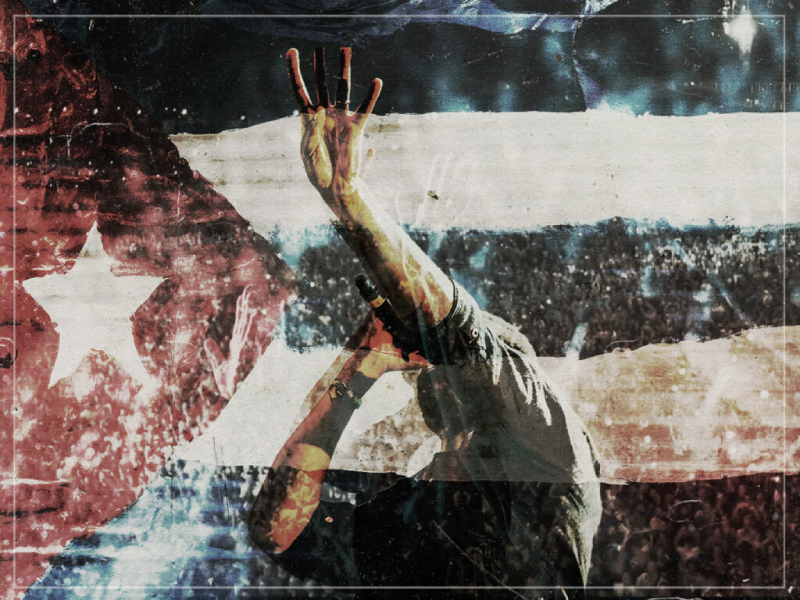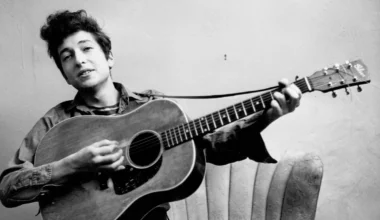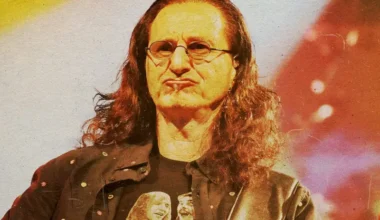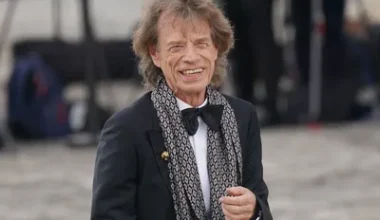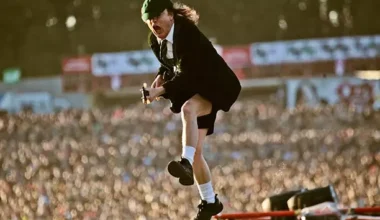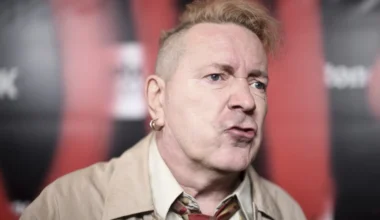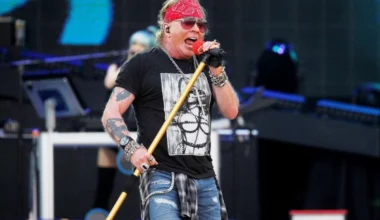Most fans will connect The Rolling Stones’ period of exile with the album Exile on Main Street. It’s from 1972 and its birthplace, Keith Richards’ opulent French Riviera home. Naturally, this is not a mistake. The band spent several years in tax exile following this outing. The Caribbean beckoned when it came time to record the follow-up, Goats Head Soup (1973).
It could be because of Johnny Depp’s Pirates of the Caribbean character Captain Jack Sparrow, but the picture of Richards in the Gulf of Mexico seems ideal. “This album is incredibly intriguing. In a previous Rolling Stone interview, Richards wrote, “I remember, of course, cutting in Jamaica. That made it very memorable. Especially in that year—that was ’73. The year Marley and the Wailers put out Catch a Fire.”
He mentioned, “They released The Harder.” “I recall visiting Jamaica. There was a sense that Jamaica was beginning to leave its mark on the world map. It was a wonderful sensation.
Jamaica’s entry into the international music scene started to gain traction in the early 1970s. But Cuba, an island nation that borders it, lagged well behind. After the 1952–1959 Cuban Revolution, the communist nation fell into an economic dormancy supported by broken trade ties, most notably with the United States.
While Jamaica’s entry into the international music scene started to gain traction in the early 1970s, Cuba, an island nation that borders it, lagged well behind. After the 1952–1959 Cuban Revolution, the communist nation fell into an economic dormancy supported by broken trade ties, most notably with the United States.
Fidel Castro’s system led to Cuba’s cultural isolation. For musicians from Europe and America, scheduling concerts in the nation became nearly impossible due to tight border controls and export monitoring. In addition, bands weren’t exactly lobbying in their dozens to be allowed entry into Cuba given the tense relations.
A landmark event in music history occurred in 2016 when The Rolling Stones played their first-ever show in Cuba at Ciudad Deportiva in Havana. After decades of cultural isolation, one of the biggest rock bands in the world was invited to Cuba to play for 450,000 local fans.
But after the show, admirers of the American supergroup Audioslave didn’t take long to refute the Stones’ concert as a historical moment. They retorted that the first significant rock concert in Cuba had been held in May 2005. It features Brad Wilk, Tim Commerford, Tom Morello, and Chris Cornell of Audioslave.
Audioslave disregarded the US embargo against Cuba to give a free concert in Havana, with special permission from Fidel Castro and President George W. Bush. Morello declared that Audioslave had “single-handedly demolished the rock and roll blockade against Cuba” following the momentous event.
The scale and fame of The Rolling Stones and Audioslave concerts were historically significant. Several rock musicians played smaller shows in Cuba throughout the late 20th century. In March 1979, the Karl Marx Theatre in Havana hosted a unique performance by several American pop and jazz musicians. It includes Billy Joel, Stephen Stills, Weather Report, and others.
Moreover, in 2001 Neath MP Peter Hain arranged a small anti-America concert for the Welsh rock band Manic Street Preachers. Hain recalled, “They asked me whether I could help with a concert in Cuba when I was at the Foreign Office.”
Lead singer James Dean Bradfield stated at the time to The Guardian. He said, “Cuba is an example that everything doesn’t have to be Americanized.” The visit was “not like a student Che Guevara sort of thing”. Guitarist Nicky Wire clarified, “It’s just that Cuba, for me, is the last great symbol. It fights against the Americanization of the world.”

